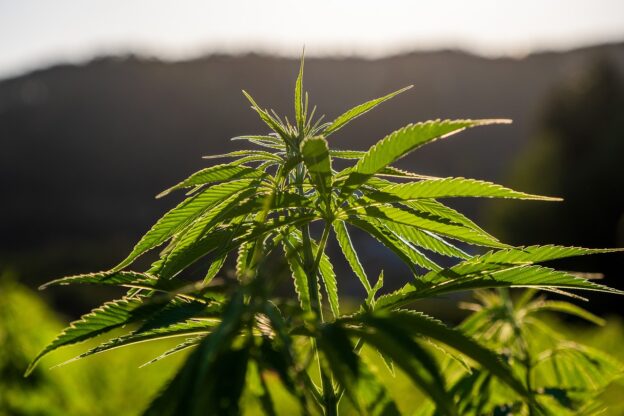Cannabis induced psychosis is real. As I mentioned in a previous post, and discussed on The Broken Brain™ Podcast, not everyone will develop psychosis if they opt to use cannabis (aka marijuana).
Most people can use it without serious adverse effects. But for those predisposed to mental health problems, it is essential to be cautious when using cannabis.
In maintaining mental well-being, it is essential to exercise moderation and make informed decisions, particularly when it comes to substances.
Critical insights
- Prevalence of Cannabis Use: Cannabis is the most widely used recreational drug in the United States.
- Severity of Cannabis-Induced Psychosis: Psychotic symptoms induced by cannabis should not be underestimated; they have significant implications for mental health.
- Psychiatric Vulnerability: Individuals already grappling with psychiatric disorders are at a higher risk of psychosis when using marijuana.
- Link to Schizophrenia: Cannabis use increases the risk of triggering schizophrenia. Especially in young individuals, who may already be predisposed to this debilitating condition.
- Exacerbating Psychiatric Symptoms: Heavy cannabis use in individuals with existing psychotic conditions like schizophrenia or bipolar disorder can intensify their symptoms.
- Potency Matters: The potency of cannabis, primarily determined by the concentration of THC (the main psychoactive compound), directly influences the likelihood of inducing psychotic symptoms.
- High-Potency Cannabis: Cannabis products containing more than 20% THC. That is equivalent to 10 mg or more THC per serving. Which are classified as high-potency. This potency has significantly increased over the past few decades, rising from approximately 4% THC to around 17% THC globally between 1995 and 2017.
- Mental Health Outcomes: High-potency cannabis can have adverse effects on mental health. Approximately 35% to 50% of individuals may experience psychotic-like symptoms after consuming a high dose of THC. Moreover, regular use of high-potent cannabis increases the risk of developing psychosis by a factor of five.
- The Potency of Wax: Among cannabis products, wax is the purest, containing an astounding 82% to 99.7% pure THC. Comparatively, the typical cannabis buds consumed range from 5% to 28% THC, making wax several times more potent.
Understanding these crucial factors regarding cannabis-induced psychosis is vital for informed decisions about cannabis use and its potential impact on mental health.
Treatment
If you need professional treatment support to address cannabis-induced psychotic symptoms, please contact Awakenings Treatment Center. Our convenient, flexible outpatient services help our clients build the healthy, fulfilling lives they deserve.










